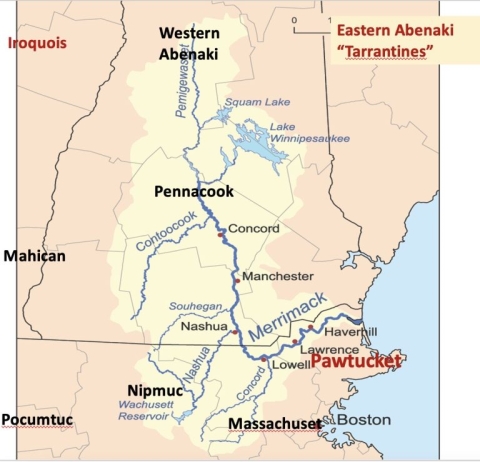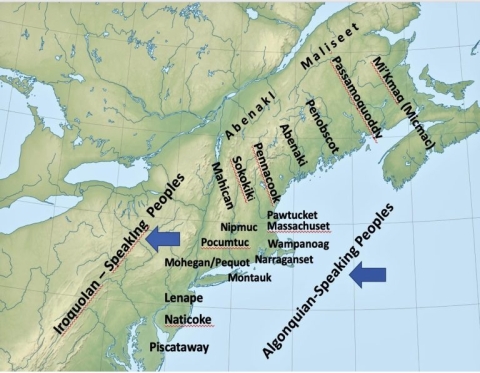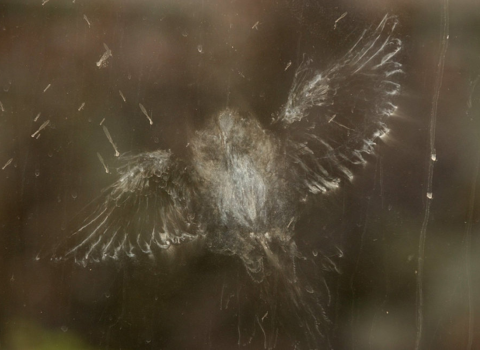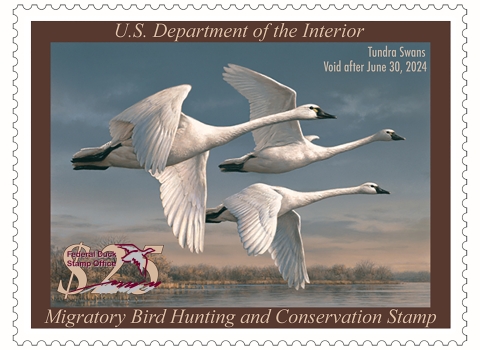It’s the last day of National Native American Heritage Month, but paying tribute to the rich ancestry and traditions of the Indigenous people of Essex County is something we can do every day of the year.
Did you know that there is archaeological evidence of a long history of Indigenous life and culture in this area going back about 10,000 years?
Parker River National Wildlife Refuge sits on the historical lands of the Pawtucket people. The Pawtucket were a branch of the Pennacook tribe from New Hampshire, and spoke a dialect of Western Abanaki. The largest permanent Pawtu
cket settlement was called Wamesit (Wah me sit) , located in present-day Lowell. Many people moved seasonally between Wamesit and villages on the coast stretching from Newburyport to Salem, where they farmed corn and other crops, and utilized the abundant natural resources of places like Plum Island to fish, clam, hunt, and gather berries. Other principal Pawtucket villages included Quascacunquen (later Newbury), and Naumkeag (later Salem-Beverly). Roughly translated, Quascacunquen means “Perfect place for planting (corn)”, while Naumkeag translates to “Place of eel abundance”.
Even though today it can be easy to miss the signs of their history, the Pawtucket did not
just disappear. Like many other Indigenous peoples, they were severely affected by plagues and disease brought by European colonists. There were also 2 major diasporas during the 17th century, in which many Pawtucket fled their historic homeland in response to conflict with colonial settlers, and others were forced to give up their Native identity in order to survive. Some of those who fled or were pushed off of their land moved into New Hampshire and Maine to seek refuge with other tribes. Their descendants are living in Abenaki, Pequaket, Penobscot, and Mi’Kmaq communities today in Vermont, New Hampshire, Maine, and Nova Scotia.
For more information about the Indigenous history of Essex County, check out the excellent online resources of researcher Mary Ellen Lepionka, based in Gloucester, MA. https://capeannhistory.org/
Want to know more about Indigenous land, language, and history on a broader scale? Native Land Digital provides resources and an interactive world map to explore. https://native-land.ca/





